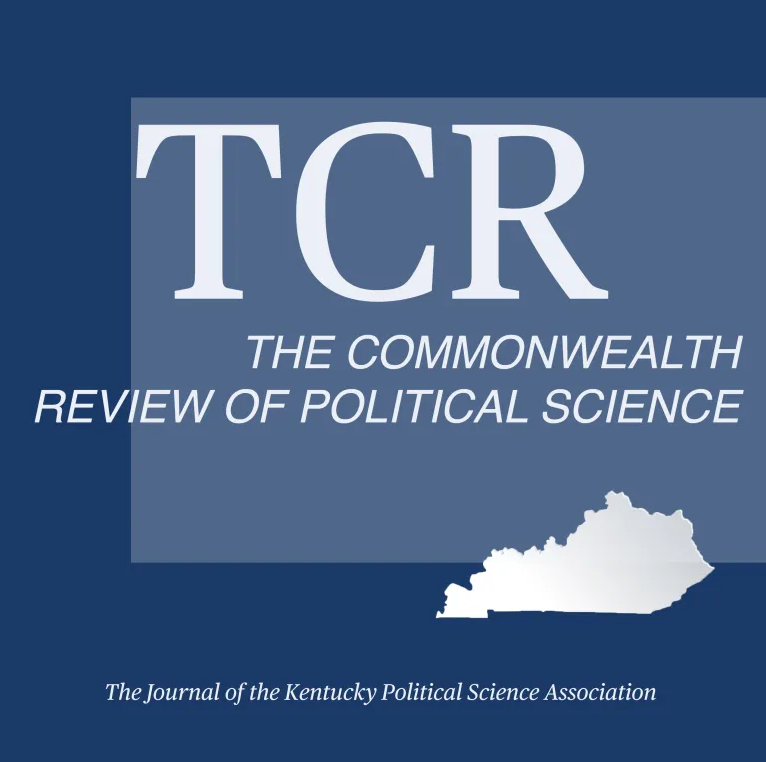Commonwealth Review of Political Science

Abstract
Countries face large obstacles in the post-civil conflict period, including democratization. The nature of the warfare during the civil conflict may have important implications for the prospects for future democratization. Specifically, the experience of sexual violence during civil conflicts may hinder democratization. I argue that countries that experience prevalent sexual violence during civil conflicts have lower chances for post-conflict democratization than those without. This occurs through the psychological consequences of sexual violence on victims and communities. Sexual violence negatively impacts victims, but it can also have more widespread negative consequences for society. Communities of the victims may collectively respond to wartime sexual violence in ways that can generate increased hostilities, decrease the chances of enemies reaching the cooperation needed for democratization. In this paper, I examine these political consequences with cross-national data of sexual violence in conflicts, and find results that show that increased prevalence of wartime sexual violence is related to lower levels of post-conflict democratization success.
Recommended Citation
Clark, Kathleen
(2017)
"Consequences of Sexual Violence During Civil Conflicts for Post-Colonial Democratization,"
Commonwealth Review of Political Science: Vol. 4:
No.
1, Article 5.
DOI: https://doi.org/10.61611/2994-0044.1027
Available at:
https://digitalcommons.murraystate.edu/crps/vol4/iss1/5
Included in
History Commons, Political Science Commons, Psychology Commons

